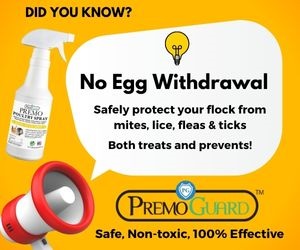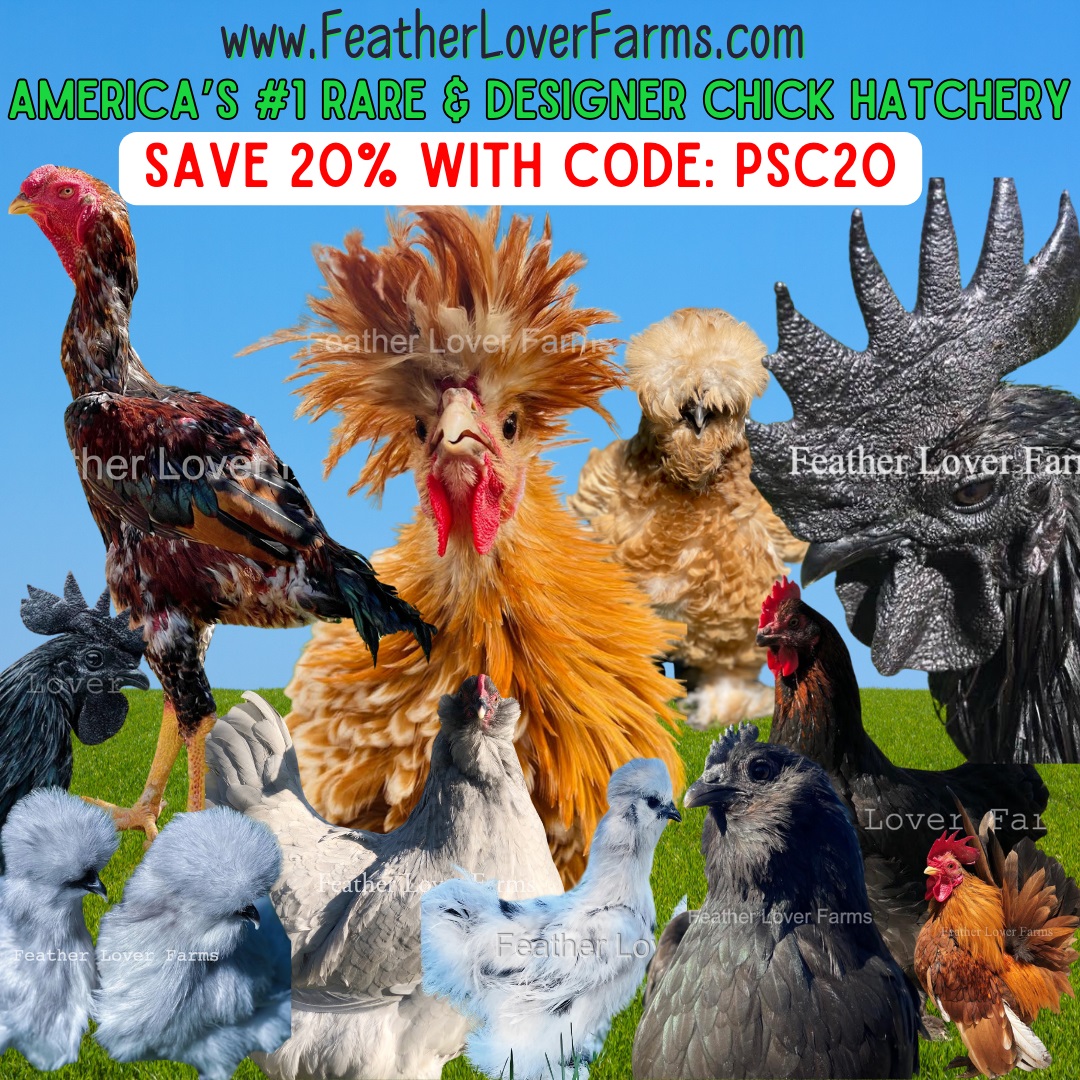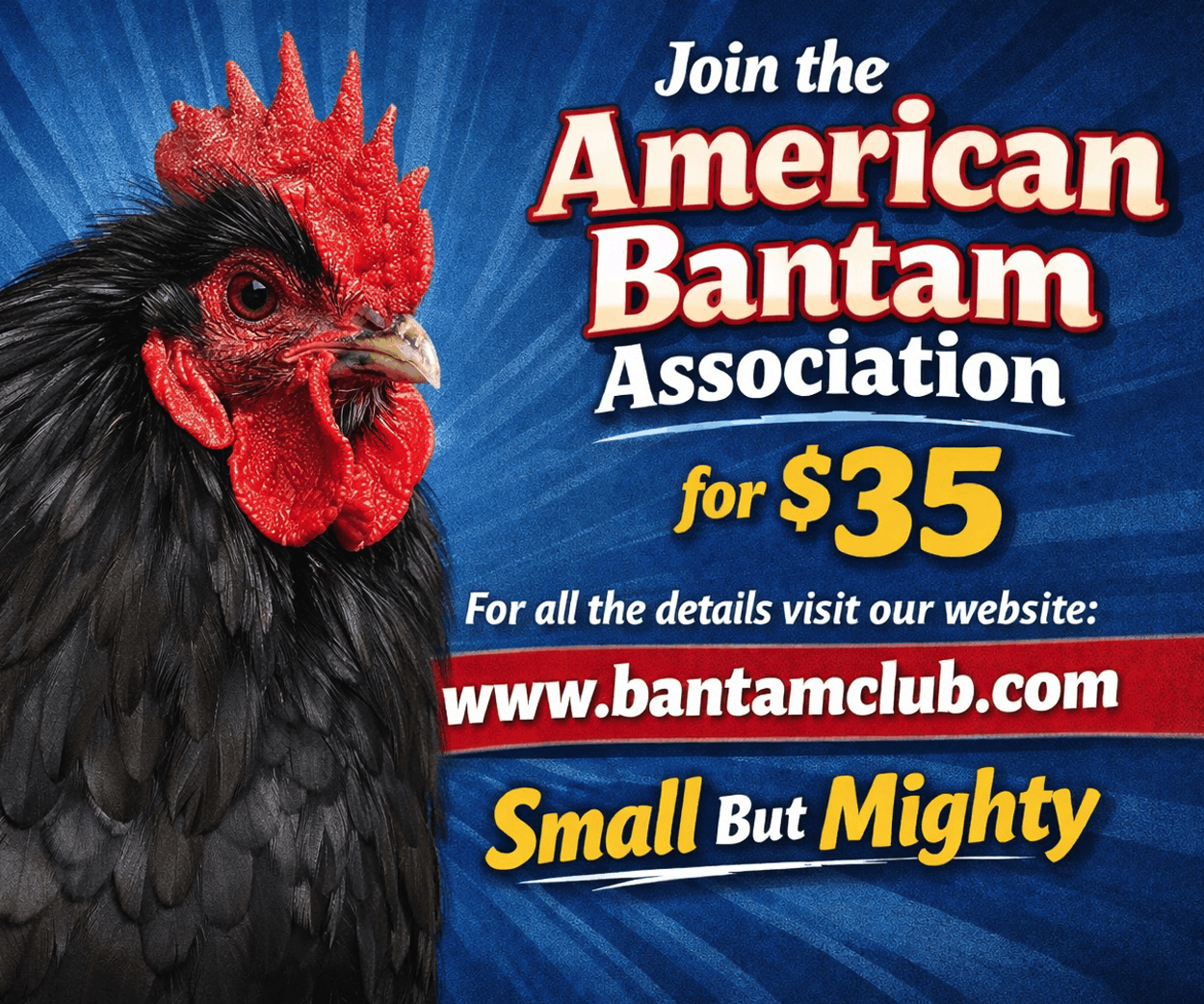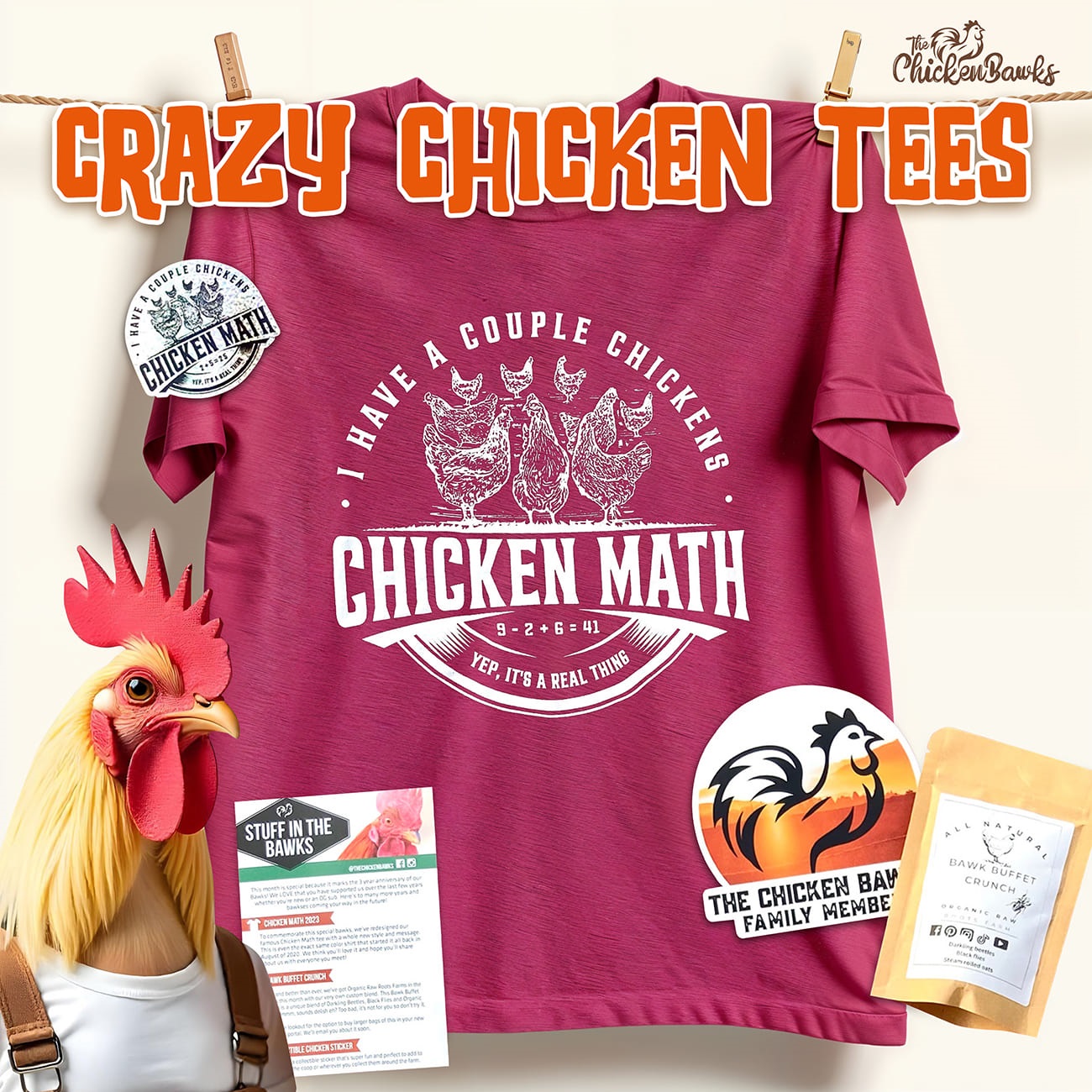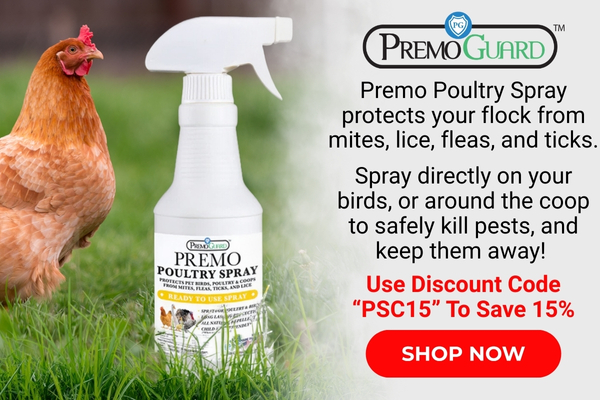
The wealth of knowledge from experienced judges and breeders is vast and worth gathering and compiling. Over the years, I've asked several of them to share some pieces of advice with the PSC Insiders and their answers are worth archiving and revisiting for years to come. Below are some "blue ribbon tips from the top" for you to glean and grow from. Enjoy!
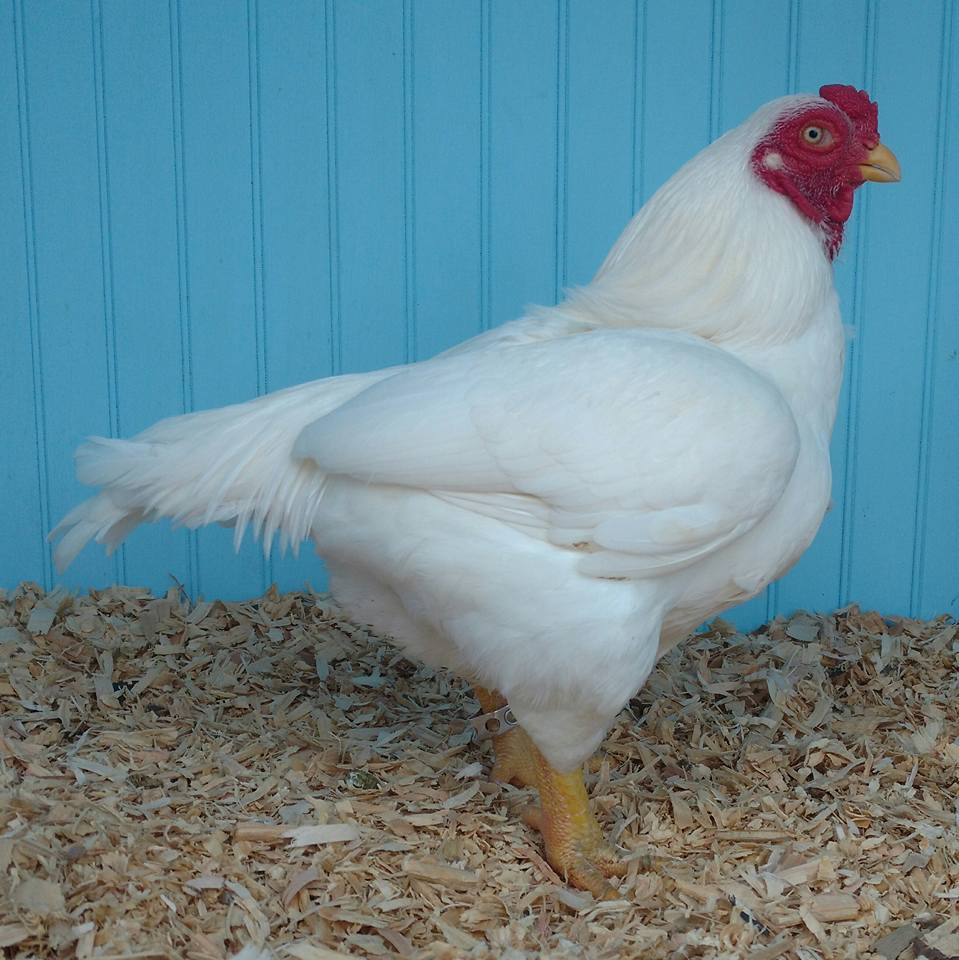
Q: What advice would you give to someone new to showing poultry?
Jackie Koedatich , APA/ABA Judge:
A: My advice to anyone new is to find people that have great birds in any breed. Learn as much as you can from them. Take the information you think will work and apply it but keep the part you may not think would work for you in the back of your head, you may need that someday too. I have had plenty of help along the way and I owe much to all my mentors from the past and those I still have today. So, use the exra time we have. Raise that champion. Find a mentor. Or better yet, be one.
Keith Lutz, APA Judge:
A: First, I would advise you to visit an APA/ABA sanctioned show, peruse the aisles of birds, and figure out which breed/breeds you like if you haven’t figured that out yet. Once you make that decision, you should find the exhibitors of those birds, introduce yourselves and pick the exhibitors’ brains regarding the breeds. These breeders will be valuable for information and possibly sources for birds. Next, you should acquire a copy of the Standard of Perfection (or even have a copy with you when you visit the show) and familiarize yourselves with pages 1-39, as well as the sections that cover your preferred breed(s). And lastly, I would suggest you find a mentor in your breed who has successfully been raising these birds. They will be a wealth of knowledge for breeding, husbandry, and exhibition advice.
Jamie Matts, APA/ABA Judge:
A: I have been raising poultry for over 35 years now . I have had many breeds over the years but Cochins have had my heart for most of those years . I currently raise 5 varieties of large fowl and 8 varieties of bantams . I also raise pheasants and free range peacocks . The peacocks I keep upstairs in my barn for six months and then release them. I currently have 38 peafowl free ranging.
I have five gqf incubators one of them has been running for over 6 years straight . Speaking of years into the hobby, I highly recommend finding one breed and sticking with it . Find one you enjoy and breed them towards the standard and for one's pleasure . Breeding and raising Cochins year after year has brought me so much joy. I tell everyone it keeps me happy and healthy. I have to take care of them day in and day out . It’s a hobby that gives so much back. I only save eggs for no more then ten days . I candle every ten days and clean constantly! But it never seems like work .
Over the years I have learned to use certain things for issues. Tylan 200 injectable works well for respiratory issues . Frontline spray works well for external parasites . Becoming involved in local shows also helps the hobby. I currently run the first show I attended as an 18 year old newbie. I take a lot of pride in giving back to a hobby that has given me so much.
Q: What are the main things you look for in a bird, as a judge?
Mike Wasylkowski, APA/ABA Judge:
A: The first thing that I look at when judging is the appearance and health. It should have the proper shape and look healthy and vigorous. Then I look at the head and that is the whole head. It has to have a good skull to have a good comb, an alert eye. I look for obvious defects and DQs. And then I will pick the ones I kind of like.
Now it’s time to handle them. I look closely at the bird. I count the points on the comb, feel the body to see if thin or fat, solid or soft, crooked breastbone etc. Then check the wings for correct color feather quality. I’m trying to see if my first impression is correct. I put it back in the cage and check to see if it is balanced. Most birds should have the same amount in front of the legs as behind the legs. Then to place the birds I try to take all of these things into consideration and place the ones that come closest to the Standard of Perfection.
Q: What have you learned over all your years of hatching birds and what kind of incubator do you use?
Jamie Matts, APA/ABA Judge:
I have been raising Cochins for over thirty years now. Over those years I have tried many feeds, incubators and brooding areas. I started my poultry career just like everyone with a HovaBator. Those have come a long way over the years I just outgrew them. I used a couple David Bradley wooden cabinets. These served me well just a lot of hand turning . I then got my first GQF 1502, I now own five!! All have humidity buckets and automatic turning. I swear by these incubators. I have one that has not shut off for over 7 years now with no replacements to parts. Quality incubator for sure in my eyes.
Once the eggs hatch, I have found for the first three weeks a medicated starter mash is best. I change them to crumbles after three weeks, still medicated. As they grow, I find keeping air circulation is critical. I have whole house fans on thermostats in both of my chick buildings. Temperature fluctuations can be very hard on chicks. Once the chicks leave the brooder house around three months, they switch to a small pellet that is 20 percent protein. I have a good friend who has it made for himself and me. Enjoy your birds!
Q: What tips do you have in the winter months as we care for our birds?
Mike Wasylkowski, APA/ABA Licensed Judge:
A: Here’s just a few things to note as we are dealing with winter:
- Make sure your birds beget access to water at least twice a day. When it’s really cold out the water freezes and it looks like they have water when the y have ice. Poultry needs to be hydrated in the winter too. Breaking ice is no fun but part of having animals
- Keep a little extra bedding in for the birds to help keep them warm.
- Now is the time for treats. Give them something to look forward to.
- Collect eggs more often so they don’t freeze Enjoy your birds!
Tony Bezok, Gold Standard Breeder:
A: Always use a flat top roost with slightly rounded top edges, 2"x2" or 2"x3". This will keep the birds' toes out fairly flat, much better for circulation on a bitter cold night. When a round roost is used, the bird will tend to grip or squeeze toes around the roost and cut down its circulation and could freeze off toes. When days are below freezing I use snow, if available ,instead of water and the birds do fine.
Q: How have you been making the most of the extra time at home to invest in your poultry (2020)?
Tom Roebuck, APA/ABA Judge:
A: The Coronapocalypse has had all kinds of impacts on everybody. I have found myself busier than ever with the birds and work around the farm. All of the cancelled shows have freed up my weekends for more projects which have included a new 8x16 structure divided into four 4x8 pens. I hatched just as many chicks as I usually do but this year I am being even harder on them as they grow. If I even suspect an attribute I don't like as they are growing they are culled.
I handle the young birds frequently and when they graduate to new pens as they mature, it affords me additional opportunities to assess them. More space for birds with what I feel have better potential is a good thing as overcrowding can cause stress and slower development. I am also finishing up a building I started last year, which will give me an additional 3 pens for grow outs. With the heat of summer, make sure and keep fresh water in front of your birds and provide housing with good ventilation, and out of direct sunlight if possible.
Michael Wasylkowski , APA/ABA Judge:
A: Some of the things that I have been doing around the poultry barn while the Covid-19 lockdown is in effect:
- Having a little more time I have been able to spend more time with my birds.
- Young birds are being moved out of the brooders on time.
- Waterers get cleaned and bleached weekly now. That is so important and is a key to raising good healthy birds. Its very easy to overlook.
- I have been repairing some of my older show carriers. Some have great sentimental value. Again this is easily overlooked.
- My incubator is cleaner than it has ever been this year. And you know what, my hatches have improved.
What can we help you find? Search the website:
What's New Around Here?
-
Montpelier Farm Swap
Information on the Montpelier Farm Swap -
CA - Rhode Island Red SC LF
LF SC Rhode Island Red Exhibition bred APA SOP Hatching eggs & possible adult birds Kaleidoscope Acres, Fresno Co., CA, USA Joanne Arnew deeflowerz13@gmail.com -
AZ - French Black Copper Marans - Chicks, Pullets, Hens & Roos From Super Dark Chocolety Eggs. Breed For SOP
I am offering French Black Copper Marans bred with a strong emphasis on SOP conformation and dark egg color. My breeding program focuses on: Very dark


